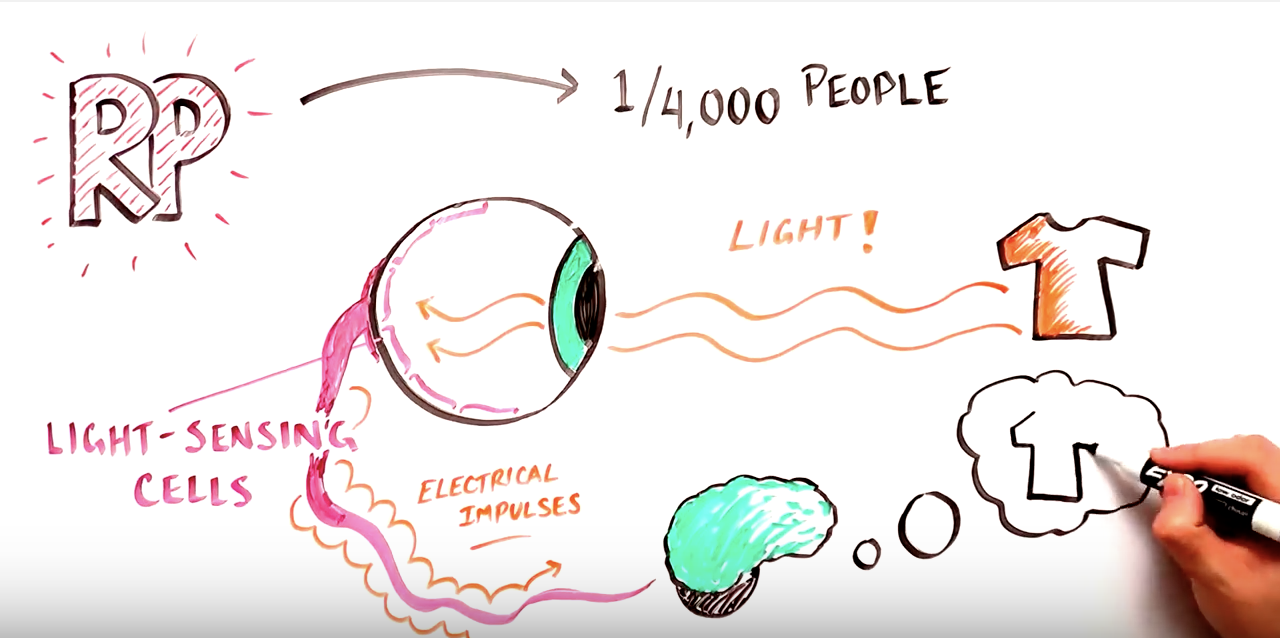Thanks to funding from Proposition 71, California’s $3 billion investment in stem cell research, and the state funding entity it created, the California Institute for Regenerative Medicine (CIRM), there are now 36 human clinical trials in various stages of progress, including a trial for Retinitis Pigmentosa.
Condition: Retinitis Pigmentosa
Accepting Applicants: No
Status: Phases 1/2 trials in progress
Description: Clinical trial of stem cell gene therapy for retinitis pigmentosa
CIRM Funding Brief: “For retinitis pigmentosa, the team is using donor tissue to isolate cells that are part way down the path from neural stem cells to adult eye tissue. These retinal progenitor cells are grown in large quantities in the lab and then injected into the eye. The team suggests the cells could help in two ways. They may be able to protect the photoreceptors not yet damaged by the disease, and they may be able to form new photoreceptors to replace those already lost. The team is testing the safety of transplanting human retinal progenitor cells into patients with RP in a phase 1/2 clinical trial.” Read more at CIRM.
Current Sponsor: jCyte, Inc.
Principal Investigator: N/A
Institution: University of California, Irvine
Phase 1/2 Filed: N/A
Phase 1/2 Approved: N/A
Cell Therapy Type: N/A
NCT No. / Link: NCT02320812
Completion Date: Projected July 2017
Last Updated: March 7, 2017
As this clinical trial moves forward, we will update this page. Check back here for future developments.
As scientists and patient advocates build on the progress that Proposition 71 has enabled, we must keep the momentum going, understanding that there is still much work to be done. We must remember that human trials will celebrate successes; but, barriers will surface, along with complications and challenges, so patience and understanding of the scientific discovery process is essential. Even the setbacks will provide critical knowledge that will bring us closer to curing or mitigating devastating diseases and injuries. Only with continued support for biomedical research can we increase our understanding of the therapeutic potential of stem cells, and translate that understanding into meaningful treatments that help give patients their lives back.



